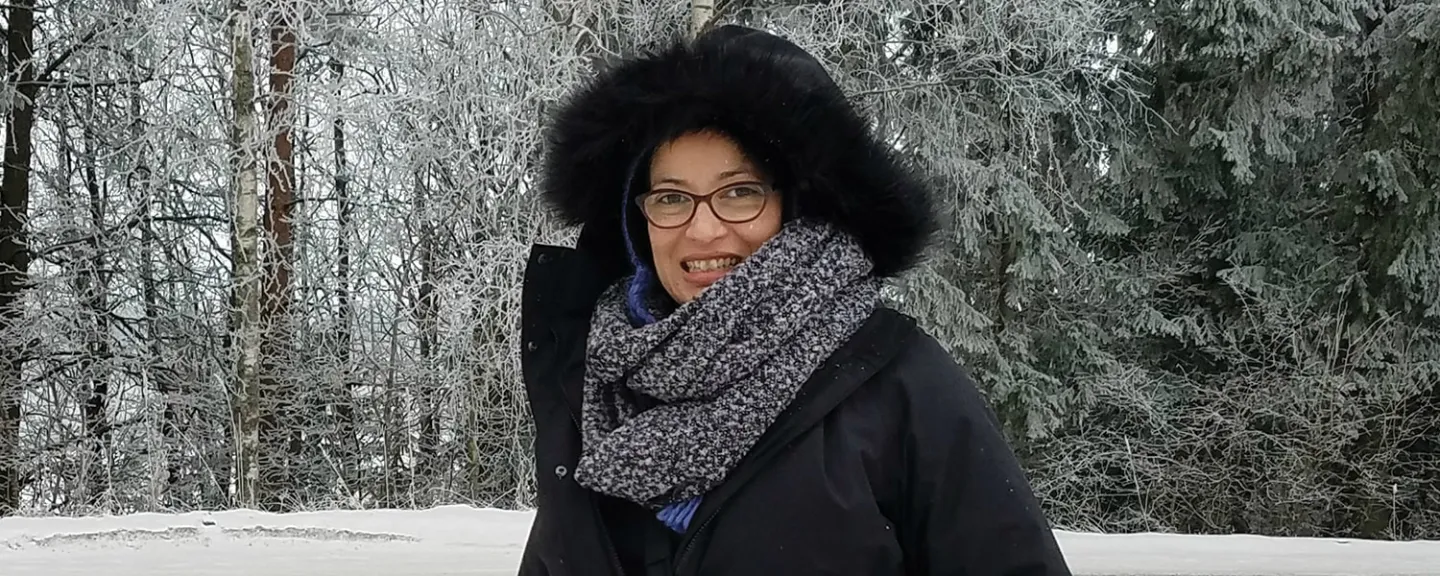- Home
- >
- APU Articles
- >
- News Article
APU Alumna’s Fulbright Experience in Finland Inspires Her Teaching
September 05, 2018 | Written By University Relations

That drive led Molina to Niilo Maki Institute in Finland from January to June 2017 to research best educational practices for low-performing students, with an emphasis on second-language learners. After earning an M.A. in Teaching English to Speakers of Other Languages (TESOL) from APU, Molina’s program advisors encouraged her to apply for the Fulbright Distinguished Award in Teaching grant. When she received the award, it was a clear opportunity to expand upon her lifelong mission of investing in others. “I didn’t know that I was going to be a teacher, but I recognized early on that God created me as an encourager,” said Molina. “As a first-generation Ecuadorian American, I came to realize that God wanted me to use my experience to help grow young people with similar backgrounds, and focused my education on the English language learners (ELL) community—students not fluent in the English language in need of special instruction.” The grant enabled her to continue on that path by exploring the world’s most effective approaches to education while furthering her personal quest to serve her students well.
At the Niilo Maki Institute, Molina discovered a fresh perspective on her own area of expertise. “Finland is known for its highly successful, early-intervention approaches to assisting low-performing students,” she said. “Teachers perceive each student as an individual, encouraging them to explore and grow in diverse subjects through multiple learning methods. As students try many subjects and modalities, they begin to realize and take pride in their talents and educational interests.” Molina noted that teachers placed more responsibility on their students, partnering with them rather than demanding performance from them. “Students who participate more in their own education become increasingly motivated. High expectations, maintained through a trusting relationship, lead to remarkable rates of academic thriving and retention.”
Back home in California, Molina’s research inspired her to shift her teaching practices. “I now promote engagement through hands-on approaches to lessons covering a wide variety of subjects, treating the arts and sciences with equal importance,” said Molina, who aims to cultivate a deeper relationship with each student. “My expectations are generated through a cooperative, ongoing process of conversation and investment. No children are the same, and every child deserves personal respect and care.”
Molina believes that relationship-based teaching that promotes responsibility and diverse learning methods is essential to improving U.S. education. “People are inherently driven by connections. When our students feel understood and supported, we find that they become more imaginative, engaged, and invested, both in the classroom and in all other areas of their lives. By making changes to how we teach today, we ensure a brighter future for both our children and our country.”